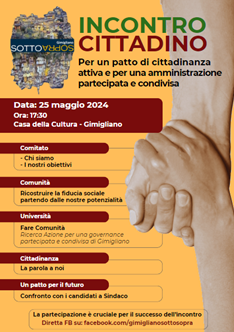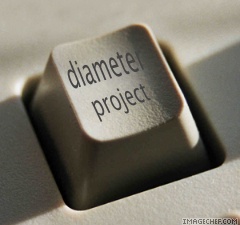IMPLEMENTATION AND REPORTING
Grant agreement
Grant Agreement
A grant agreement is a legally binding contract between the European Commission (or other funding agency) and a beneficiary who has been awarded a grant to carry out a project. The grant agreement specifies the terms and conditions under which the grant is awarded, including the objectives of the project, the budget, the reporting requirements, the payment schedule, and the responsibilities of both the beneficiary and the funding agency.
General terms and conditions of the contract
1. Project budget
2. Contract award procedures3.Standard payment requirement and financial identification form
4. Narrative and financial report form5.Factual findings report form and job description for verification of expenditure of EU-funded external action grant agreements
Public procuremement
All beneficiaries of grant agreements are considered public procurement entities!
Procurement funded by grant agreements is called secondary procurement
Public procurement on EU-funded projects is set out in the Practical Guide to external aid contracting procedures for third countries (PRAG) and it is applicable for IPA and Non EU Countries.
PRAG prescribes the form of procurement, procurement procedures and principles that must be respected when writing tender documentation and conducting public procurement.
In addition to non-compliance with visibility rules, secondary procurement has been recognized as the largest source of irregularities and refunds in other countries
.
Guided by the procedures defined in Appendix IV of the Grant Agreement (Annex IV) and the principles to be followed in the implementation of the defined procedures additional links to public procurement are provided in the General Conditions of grant agreements and PRAG (Practical guide to procedures for contracting EU assistance to third countries)
APPENDIX IV TO THE GRANT AGREEMENT
Annex IV : Procurement by Grant Beneficiaries defines the principles that must be followed in order for the procurement to be valid:
1.General principles
The principles of acceptance
3. Rules common to all tender procedures
Failure to comply with one or more principles leads to unacceptable cost (Art. 1 : expenditure in question is not eligible for funding)!
TENDER PROCEDURES
Tender procedure: works, supply, service
Depending on the financial amounts of the tender (financial thresholds), the procedures differ:
- Contracts for the execution of works: construction works: e.g. roads, railways, water supply and sewerage….
- Equipment contracts: equipping with goods or equipment
- Service contract: consulting services – education, various studies, analyses….
PROHIBITED: breaking tenders on several contracts or lowering the amount to carry out a simpler procedure
➡️ RELATED PROCUREMENTS BECOME PART OF A SINGLE TENDER
The frameworks given by PRAG must be respected (the rules are mapped into the Annex IV Grant contract)
 RULES COMMON TO ALL TENDER PROCEDURES
RULES COMMON TO ALL TENDER PROCEDURES
1. Tender documentation must be written in accordance with the best international practice
2. The time allocated for submission of tenders must be sufficiently long for interested tenderers to prepare and submit their tenders.
3. All applications for participation in the tender and all tenders that prove satisfactory must be evaluated and ranked by the evaluation committee based on the reasons for the rejection of tenders/tenderers (exclusion), selection criteria and award criteria.
Evaluation committee:
at least three members (odd number), technical and administrative capacity sufficient to deliver opinions on tenders





